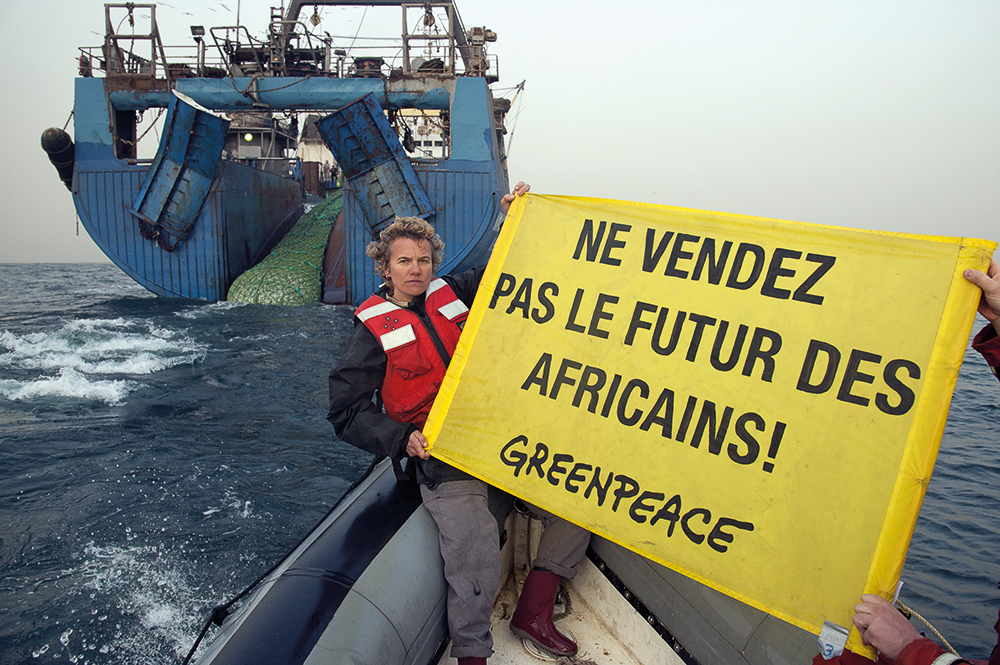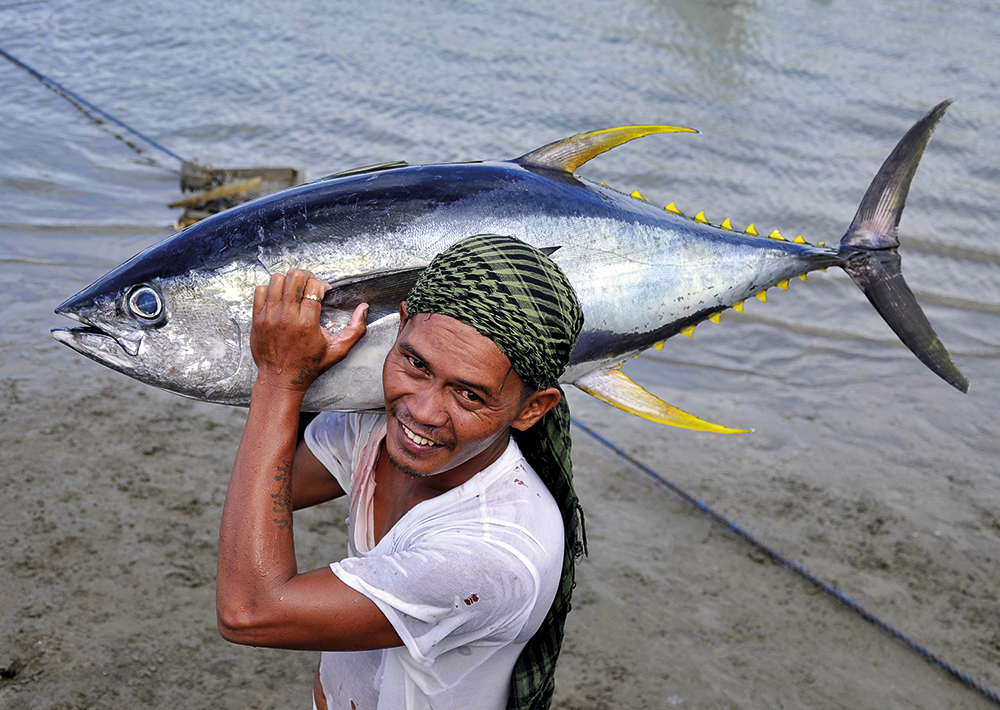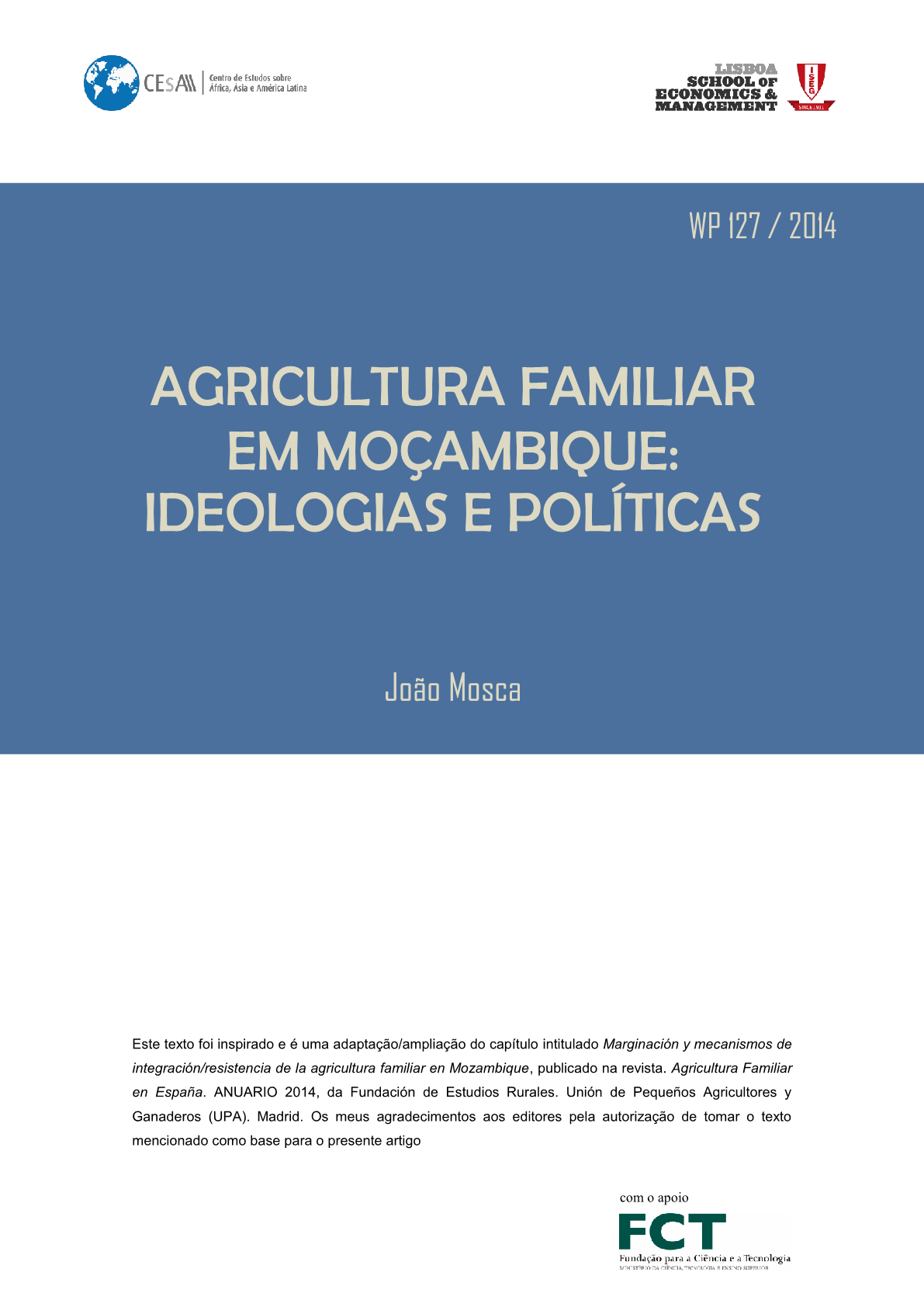Liberia : Gender-Aware Programs and Women's Roles in Agricultural Value Chains
This Policy Memorandum provides policy
advice to the government of Liberia (GOL) in an effort to
mainstream gender issues in policies, programs, and projects
supporting agricultural production and value-chain
development. It is organized as follows. Section I reviews
women's roles in Liberian agriculture and agricultural
value chains, drawing on a variety of data sources,
including the 2007 Core Welfare Indicator Questionnaire







